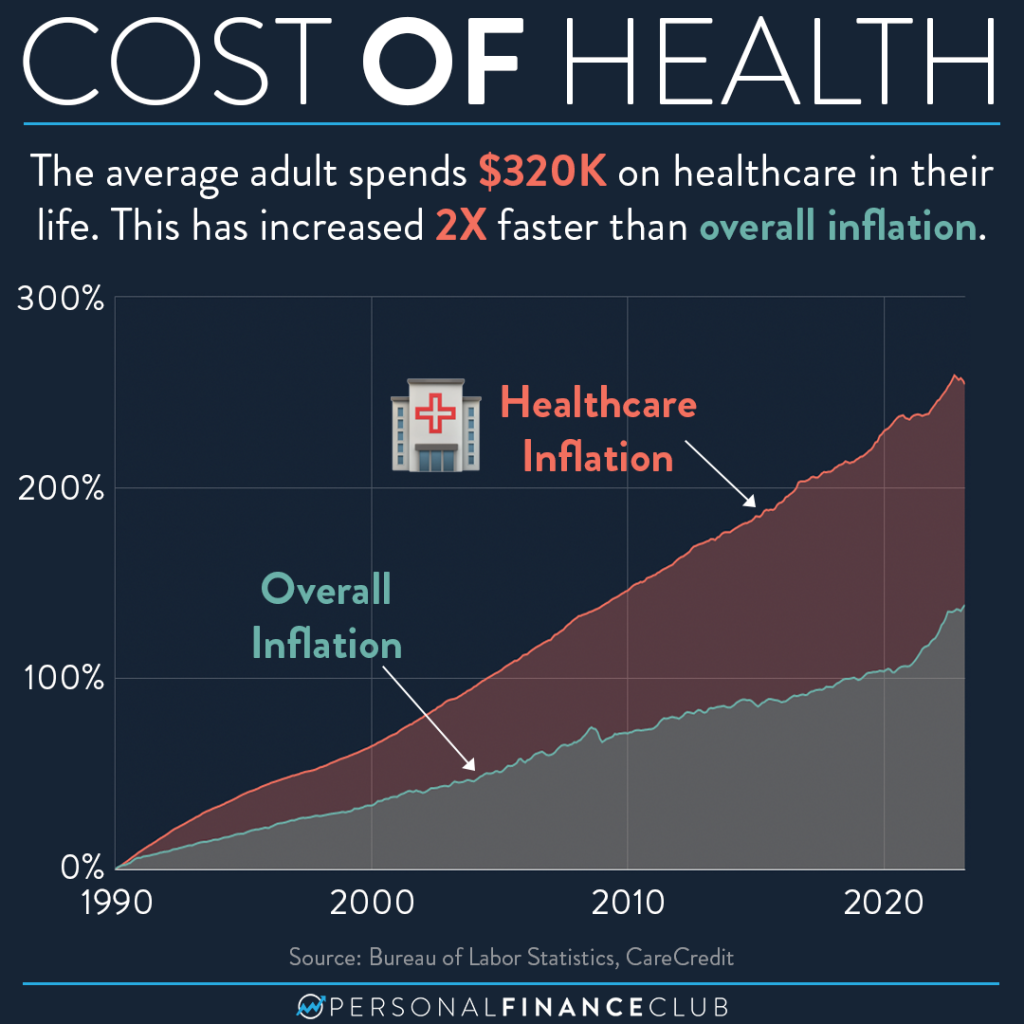Why Healthcare RCM is Vital for Financial Health And Wellness in Medical Practices
Why Healthcare RCM is Vital for Financial Health And Wellness in Medical Practices
Blog Article
Recognizing the Role of Healthcare RCM in Enhancing Monetary Performance and Client Complete Satisfaction
Navigating the ins and outs of Health care Income Cycle Management (RCM) is necessary for accomplishing optimum monetary performance while concurrently raising patient satisfaction. As we discover the transformative possibility of RCM, inquiries regarding its tactical execution and future developments beckon, appealing insights that can redefine sector standards and patient experiences alike.

Secret Elements of RCM
In the complicated landscape of healthcare, Profits Cycle Administration (RCM) is pivotal in ensuring economic security and operational performance. Person registration and eligibility confirmation are fundamental actions, ensuring that accurate person information is captured and insurance policy coverage is confirmed prior to solutions are provided.

Charge capture is an additional necessary part, entailing the precise recording of solutions supplied to clients. It makes sure that all billable services are accounted for, thus taking full advantage of profits capacity. Simultaneously, medical coding translates patient encounters into standard codes, which are vital for billing and governing conformity.
Insurance claims entry and management comply with, including the prep work and submission of cases to payers. This procedure calls for careful interest to information to lessen errors and protect against delays. Denial administration is a positive technique to solve and deal with rejected claims, guarding income streams.
Finally, repayment posting and individual collections complete the cycle, making sure settlements are properly videotaped and superior balances are sought. Together, these parts create a robust framework that sustains the functional and monetary wellness of health care organizations.
Effect On Financial Performance
Effective Profits Cycle Monitoring (RCM) considerably affects a health care company's financial efficiency by enhancing cash circulation and reducing earnings leakage. RCM includes the detailed payment and collection processes that make sure health care service providers successfully manage their financial deals from patient registration to last payment. By improving these procedures, companies can lessen refuted insurance claims, quicken settlement cycles, and improve total monetary health.
Monetary performance is enhanced with meticulous administration of billing procedures, which involves precise coding and prompt submission of cases. This minimizes the probability of insurance claim denials and beings rejected, which can dramatically prevent income flow if not addressed quickly. Furthermore, integrating sophisticated innovation options facilitates real-time monitoring of insurance claims and economic metrics, providing medical care managers with the tools needed to make enlightened strategic decisions.

Enhancing Individual Complete Satisfaction
While maximizing monetary efficiency is a vital objective of Profits Cycle Monitoring (RCM), it also plays a pivotal function in enhancing person contentment. By reducing management problems, RCM allows health care companies websites to focus more on individual care, which straight improves patient complete satisfaction.

RCM additionally boosts individual fulfillment via efficient communication. By preserving a comprehensive data source of person details, RCM helps with boosted communication between individuals and health care providers, making sure people feel educated and valued. This transparency and ease of access promote a favorable person experience. On the whole, effective RCM implementation not only increases economic outcomes however likewise dramatically contributes to a patient-centered health care environment.
Strategies for Effective RCM
Achieving reliable Profits Cycle Administration (RCM) requires health care companies to implement a collection of tactical techniques that make sure economic stability and operational performance. One essential approach is the fostering of technology-driven services, such as integrated software application platforms that enhance billing procedures, minimize mistakes, and improve data accuracy. These systems allow real-time tracking of economic metrics, permitting timely recognition and rectification of inefficiencies.
Another technique is the standardization of processes across the revenue cycle. Healthcare RCM. This includes establishing constant policies for client enrollment, insurance confirmation, and declares handling. By making sure that all personnel stick to these requirements, companies can minimize discrepancies and speed up payment collections
Team training and growth also play a pivotal function in efficient RCM. Trained employees can efficiently navigate intricate payment treatments and laws, enhancing and decreasing denials cash circulation. Normal updates on policy modifications and best practices aid keep a competent and educated labor force.
Future Trends in RCM
As healthcare companies enhance their Revenue Cycle Monitoring (RCM) techniques with technology and standard processes, look at this website attention is now transforming towards the future trends shaping this important area. One substantial fad is the combination of expert system (AI) and device understanding to automate complex jobs, such as claims processing and anticipating analytics. These innovations are anticipated to reduce errors, increase transaction times, and supply data-driven understandings for better decision-making.
Furthermore, the change towards value-based care proceeds to affect RCM practices - Healthcare RCM. Doctor are anticipated to increasingly concentrate on person outcomes and contentment, necessitating RCM systems that can accommodate brand-new repayment models. This shift will certainly call for more extensive data collection and evaluation to effectively report and determine on efficiency metrics
Interoperability is an additional emerging priority, as seamless information exchange in between inconsonant systems comes to be crucial. Improved interoperability will certainly facilitate more accurate patient info sharing, lowering management worries and enhancing the patient experience.
Final Thought
Health Care Revenue Cycle Monitoring (RCM) dramatically influences both financial efficiency and client satisfaction by maximizing invoicing processes, making certain exact coding, and allowing prompt insurance claims submission. Effective RCM minimizes earnings leak and speeds up cash flow, lowering case denials and speeding up settlements.
Navigating the details of Health care Income Cycle Management (RCM) is essential for attaining ideal economic performance while simultaneously boosting individual fulfillment. RCM encompasses the comprehensive payment and collection processes that guarantee medical care service providers effectively handle their financial deals from person registration to last settlement. By decreasing management worries, RCM allows health care carriers to focus a lot more on person treatment, which directly improves client contentment.
By maintaining an extensive data source of individual details, RCM facilitates improved communication between clients and health care carriers, ensuring patients feel notified and valued.Health Care Profits Cycle Monitoring (RCM) dramatically affects both economic efficiency and person complete satisfaction by maximizing payment procedures, ensuring accurate coding, and enabling timely insurance claims entry.
Report this page